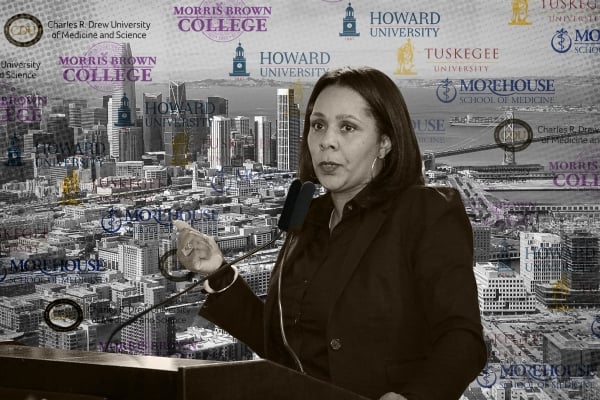Historically Black Colleges and Universities (HBCUs) have a long and important history in the United States, providing a unique and supportive educational environment for African American students. Despite their impact outside of California, there has yet to be an HBCU established within the state. However, recent discussions and developments suggest that this may soon change.
The idea of bringing an HBCU to California has been gaining momentum in recent years, driven by a growing recognition of the need for greater diversity and representation in higher education. Advocates argue that having an HBCU in California would not only provide African American students with access to a more culturally affirming educational experience, but also help to address disparities in college graduation rates and employment opportunities.
One key development that has sparked hope for the establishment of an HBCU in California is the recent formation of the California Legislative Black Caucus (CLBC) HBCU Initiative. The initiative aims to explore the feasibility of establishing an HBCU in California and has already garnered support from state lawmakers and community leaders.
In addition, there is a growing awareness of the success and impact of HBCUs in other parts of the country. HBCUs have a proven track record of promoting academic excellence, fostering leadership skills, and supporting the success of African American students. By bringing an HBCU to California, advocates believe that the state could benefit from similar positive outcomes.
Despite the growing enthusiasm for the idea of an HBCU in California, there are also challenges and obstacles that need to be overcome. One major hurdle is securing the necessary funding and resources to establish and sustain an HBCU. Building a new college campus, hiring faculty, and creating necessary program offerings all require significant financial investment.
Additionally, there may be concerns about how an HBCU in California would fit within the existing higher education landscape. Some may question whether there is enough demand for an HBCU in the state, or whether it would duplicate existing programs and services offered by other colleges and universities.
Despite these challenges, the momentum behind the idea of bringing an HBCU to California continues to grow. Advocates see this as a unique opportunity to expand access to higher education for African American students, promote diversity and inclusion in academia, and strengthen the overall educational system in the state.
Only time will tell whether an HBCU will become a reality in California. However, with the dedication and support of lawmakers, community leaders, and advocates, there is hope that this important addition to the state’s higher education landscape may soon come to fruition.



